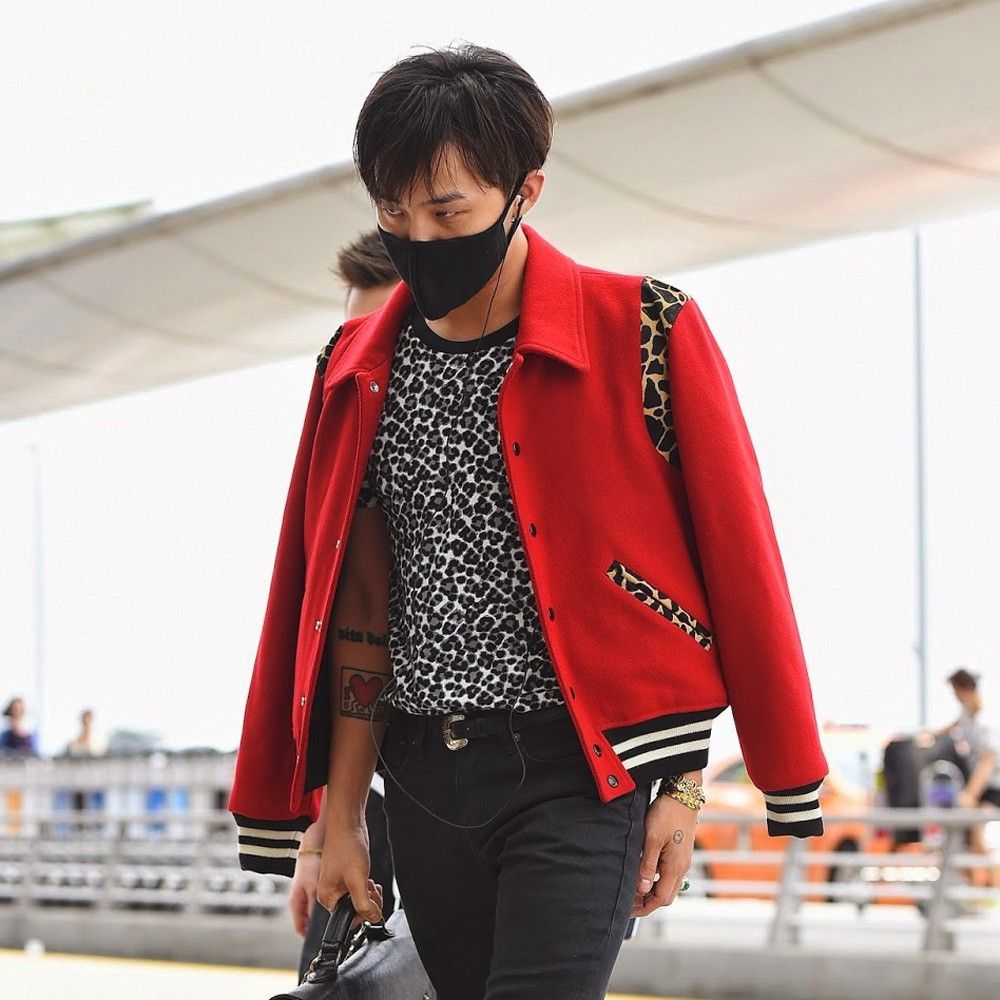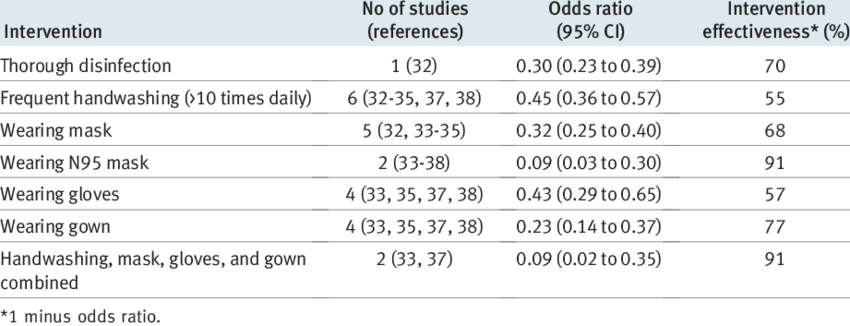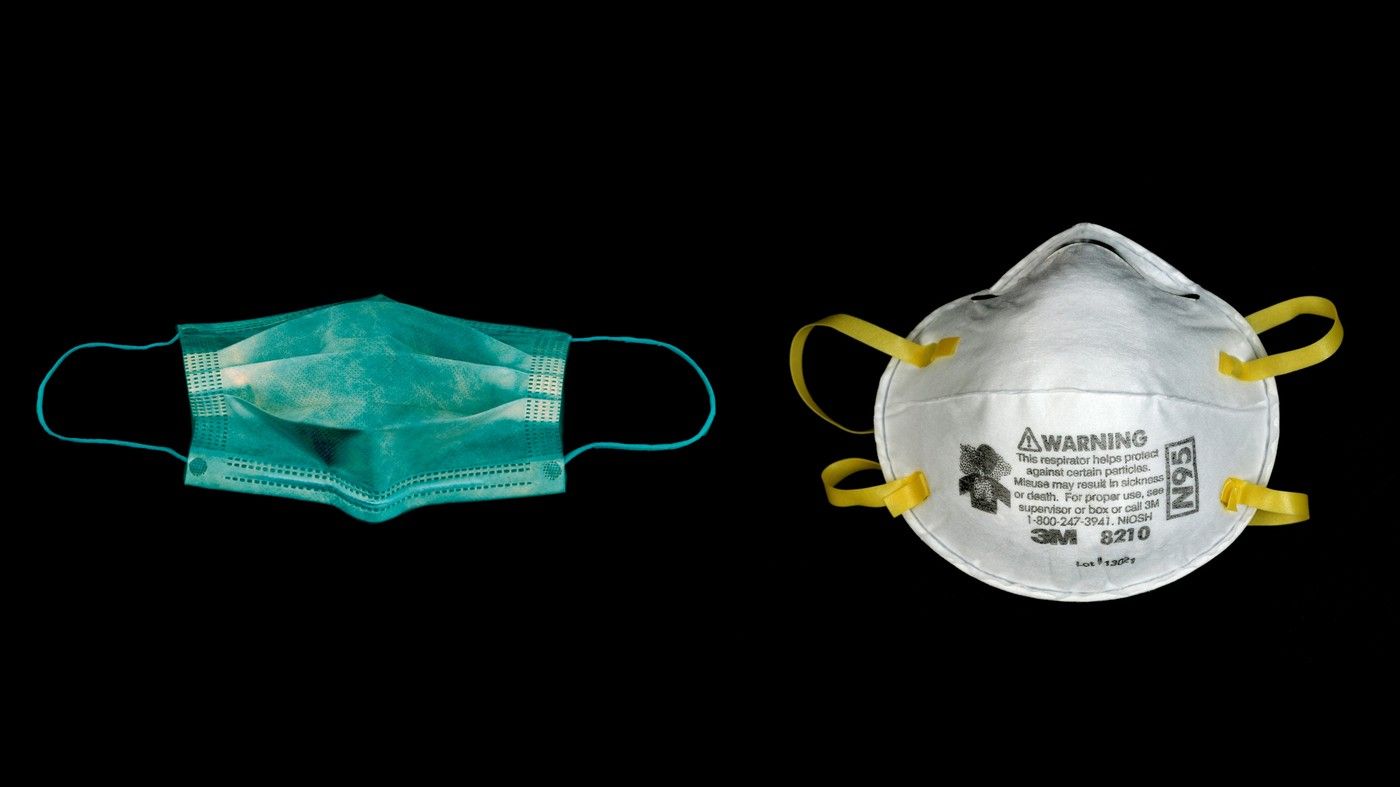Why We Should All Wear Face Masks Now
Act as if you’re already sick and we won’t be

I was wrong. And the WHO is still wrong. We should all be wearing face masks. Zeynep is right, these studies are right, and the people of East Asia are right.
The recommendation has always been to use a face mask if you’re sick. However, COVID-19 has spread so widely and so asymptomatically we don’t know who’s sick until it’s too late. The safest thing is to assume that you’re already infected, and act as if. That means we should all be wearing masks.
I have written that we just need to wash our hands, which is in many places still the advice. However, as you may have noticed, things have changed.
COVID-19 is now everywhere, as global testing is way behind. We don’t know where it is. Most worryingly, many if not most carriers are asymptomatic. We don’t know who it is either. You can be spreading coronavirus and still look and feel fine. Hence, given what we don’t know, we should act as if we’re already sick. And the recommendation for sick people is to cover your face and mouth.
The sheer number of asymptomatic cases is very concerning. SARS was a much more obvious disease, COVID-19 is much stealthier. In a Columbia University study on China, 86% of cases were ‘undocumented’, asymptomatic or with only mild symptoms. These people were less contagious but still accounted for 79% of further infections. While we’re still in a statistical fog of pandemic, this and many other reports are enough to act. To be safe. What we know and what we don’t know both demand mass-scale mask-wearing.
Mask wearing is an important part of the whole prevention picture. That plus physical distancing plus handwashing gives COVID-19 more barriers to get through. Mask wearing also makes the other interventions easier. You can’t touch your face in a mask, and it automatically covers your coughs and sneezes. If you wash your hands before and after going out (and if you avoid going out as much as possible) it’s a very robust and redundant form of disease control.
But what about doctors, janitors and nurses?
This is a very real and very important concern. In less advanced countries like America, there are major shortages of personal protective equipment (PPE) for frontline medical workers. They don’t have enough masks, and are asking the public to donate theirs. However, this still doesn’t justify the public not wearing masks. Here’s why.
First, the answer to the shortage of PPE is not conservation but production. We shouldn’t be saving the little supplies we have, we should be on war-footing to produce much, much more. As I’ll cover, the masks for civilians and medical workers are different, and as our economies shut down, we should have all of our resources oriented towards both.
Second, the best support the public can give medical workers is to not send people to the hospital at all. We stay home so that they can do their jobs. Anything we can do to reduce transmission reduces pressure on them and helps save their lives.

There is now an abundance of research showing that masks do reduce the spread of influenza and respiratory diseases like COVID-19. We do doctors, nurses, and janitors a favor by using them and never getting in their faces at all.
Finally, we don’t and shouldn’t use the same masks. The surgical mask and cloth masks that civilians use are not recommended for frontline medical workers at all. They’re fine for walking down the street, but woefully inadequate for intubating multiple sick people a day.

Frontline workers need N95 respirator masks, face shields and more. In research on pooled studies, these have an effectiveness of 91%. However, regular masks have an effectiveness of 68%, more than frequent handwashing. If we do both and stay 2 meters away from everyone, that’s good enough for us, and a great favor to medical workers.
Again, civilians should not be using N95 masks. We should be using surgical or cloth masks in combination with other hygiene measures. If we both wear the appropriate masks, we help each other.
The solidarity of covering your face
In Hong Kong, Taiwan, etc there is significant social pressure to mask up. This is good. Then if you are sick, you don’t stick out at all. Everyone is in solidarity with you. For COVID-19, this is more important than ever, because we don’t know who’s sick. Frankly, the only safe way to behave is as if you’re already infected, because we really don’t know. This is solidarity.
If everyone wears masks, then it’s not about protecting yourself, it’s about protecting each other. The virus has to get through not one but two masks to get anywhere. If everyone wears a mask it’s blocked on both ends.
So, I was wrong. What I wrote earlier was based on WHO advice, and they’re still giving that advice, and many people now think this is wrong. I recommend following Zeynep on Twitter as her and the scientists she’s been referencing have changed my mind, but I really think we should listen to the people of Asia who have beat back this disease.
I feel that the rest of the world is trying to research and model and reinvent knowledge that people have fought and died for in East Asia, through SARS, MERS and now this. They all wear masks for a reason and they’re definitely doing better than us. Until we know better, we can follow them, assume that everyone is infected, and mask up.